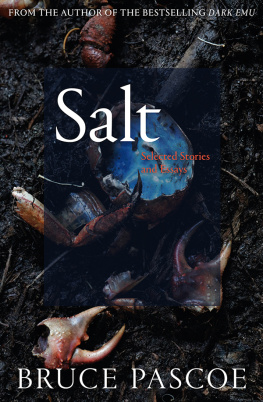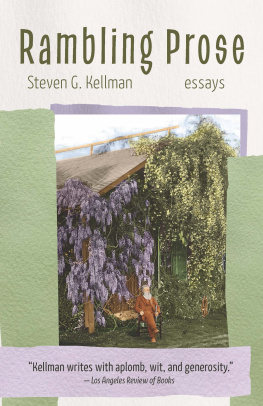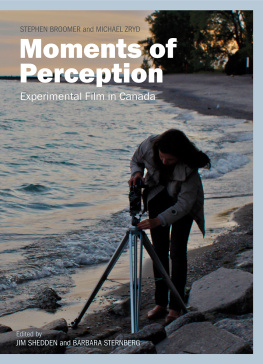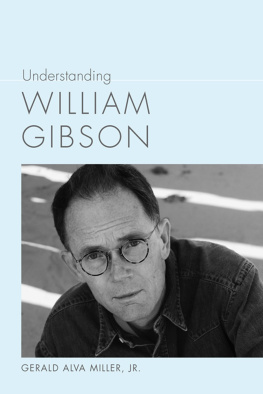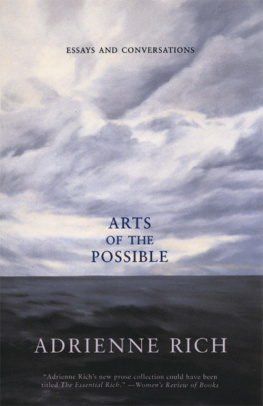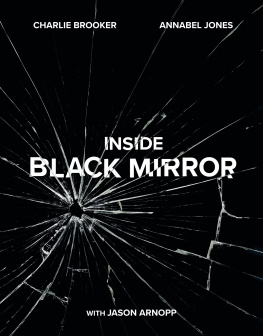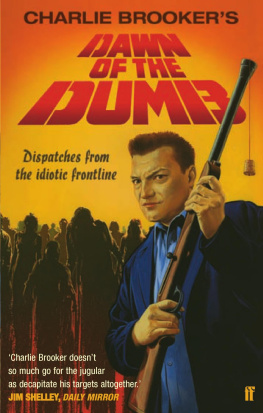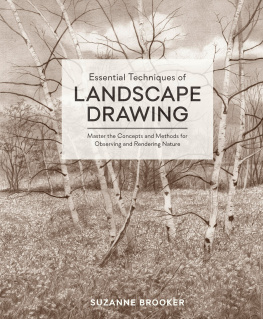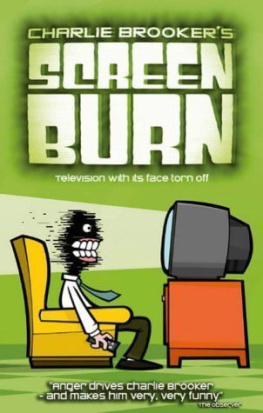The Wrong World
The Wrong World
Selected Stories and Essays
BERTRAM BROOKER
Edited by Gregory Betts

University of Ottawa Press 2009
All rights reserved.
LIBRARY AND ARCHIVES CANADA
CATALOGUING IN PUBLICATION
Brooker, Bertram, 18881955.
The wrong world : selected stories and essays / Bertram Brooker ; edited by Gregory Betts.
(Canadian literature collection)
Includes bibliographical references.
ISBN 978-0-7766-0696-5
I. Betts, Gregory Brian, 1975 II. Title.
III. Series: Canadian
literature collection
PS8503.R63W76 2009 C813.52 C2009-904736-5
The University of Ottawa Press acknowledges with gratitude the support extended to its publishing list by Heritage Canada through its Book Publishing Industry Development Program, by the Canada Council for the Arts, by the Canadian Federation for the Humanities and Social Sciences through its Aid to Scholarly Publications Program, by the Social Sciences and Humanities Research Council, and by the University of Ottawa.

Contents
This is no idle book. I ask no idlers to trifle with it. It is a stern and terrible book, for behind every word lurks a spectre; and at the end of it, you shall meet God face to face, and no man can face God unafraid.
from To All the Nations ....!
We do not write for posterity in the same sense as the older poetsso called finished works of artnot concerned with ending anythingonly startingnot personal glory or a great name names are nothingbut to contribute to the new movement.
from Free Prose
Acknowledgements
It was while working as a Research Assistant for Prof. Ray Ellenwood that I first encountered the art of Bertram Brooker. Ray immediately recognized the potential significance of Brookers underacknowledged contributions to Canadian art (including its letters) and helped direct me toward future projects. I am very grateful for his guidance, insight, and good humour as I navigated Brookers and my own enthusiasms. This project emerges as a follow-up to my dissertation on Brookers mysticial writings (that did not address his short fiction) supervised by John Lennox and Steve McCaffery. They both proved invaluable in helping to contextualize Brookers work within the broader fields of Canadian literature and international avant-gardism, respectively. I am grateful for their support, guidance, and insights. Other scholars that have had significant direct impact on this book through discussions, debates, encouragement, and more, include Dean Irvine, Colin Hill, Christian Bk, John Robert Columbo, Robert Stacey, David Staines, Misao Dean, Sherrill Grace, Glenn Willmott, Brian Trehearne, Scott Duschesne, Neta Gordon, Beatriz Hausner, Nicky Drumbolis, and Elspeth Cameron. I am particularly grateful to John Brooker of the Bertram Brooker estate for generously allowing me access to the familys private collection of documents, for enthusiastically supporting my work on Brooker, and for the conversations and friendship shared over the course of this endeavour. I doubt I will need to convince anybody that I am very grateful for the funding that I have received in direct support of this archival project, including support from the Ontario Graduate Scholarships, the Social Sciences and Humanities Research Council, York University, the University of Manitoba, Brock University, and the Humanities Research Institute at Brock University. I would like to thank everybody at the University of Ottawa Press for supporting this project and for all the hard work done on its behalf especially, Marie Clausn, Jessica Clark, and Eric Nelson. Family and friends have kept me grounded and motivated throughout, and been very generous with interest and ideas: especially Diane Betts (who even became a bit of a Brooker advocate in the process!), Peter Wilson, Nathalie Foy, Jan Frith, Chris Trevelyan, and Joe Wilson. None of any of all this would be possible or worthwhile but for Lisa, who gives it all value and helps keep it all in perspective thank you.
Introduction
I have not sought to chart the boundless. I have been seeking the secret of the bound....
I have failed. The closest I have come to Nature is to approximate to her fecundity. I have spawned millions of wordsyes, millions. Few writers, I imagine, have left behind such piles of unpublished manuscript.
from The World and I: A Voyage of Self-Exploration
From the turn of the twentieth century to the postSecond World War period, Bertram Brookers prose documented the dramatic transformation of Canadian society from a primarily agrarian and colonial culture to a modern and industrial post-colonial nation. Brooker sought to use his art and writing to encourage the transformation. Indeed, his vision of the great potential of Canada was dependent on the opening up of its prudish society, including, but not limited to, conservative attitudes that discouraged experimental artists and the arts. Brookers prose captures his enthusiastic and idealistic response to the rapid and broad social change of the period: Those of us who are forty or more have passed out of an old civilisation into a new one in half a lifetimeand that has never happened before! (When We Awake!). A distinct utopianism exists just below the surface of most of his writing, occasionally bursting forth in prophetic and millennial tones. While his prose fiction tends to demonstrate the need for change on the scale of the individual, his prose non-fiction aims to guide that change to its highest, most spiritual potential. Taken together, Brookers prose presents one of the richest bodies of writing on the experience, the anxieties, and the hopes of Canadian modernization. If Canada was awakening to its great and future role in the world, Brookers imagination worked to detail the nature of what we could, and might, become.
Brookers enthusiasm for social change led to a remarkable willingness to test and try new methods and media. Although from humble beginnings, the diligence of his aesthetic investigations transformed him into Canadas stalwart experimental artist during the interwar period. The recent interest in and scholarly activity surrounding Brooker now convincingly documents his participation in an astonishing array of iconic Canadian cultural phenomena. While it is common knowledge that Brooker was the first to exhibit abstract art in the country (January 1927), and that he was also the winner of the first Governor Generals Literary Award (1936), new insights into his multidisciplinary contributions continue to add complexity and nuance to the kind of artist he was, and the place he occupies in the history of art in Canada. Recent work by Anton Wagner and Sherrill Grace documents his role in the formation of the Little Theatre Movement in Canada and pays specific attention to the expression of mysticism in his numerous playsmany of which were successfully staged (Wagner 1989 and 1984; Grace 1985 and 1989). Glenn Willmott produced and introduced a new edition of Brookers award-winning novel Think of the Earth (2000), as well as a complementary study that reads the novel through its interrogation of global industrial capitalism (2002: 66101). Birk Sproxton edited Sounds Assembling: The Poetry of Bertram Brooker (1980), a volume of Brookers poetry that highlights his engagement with modernist methods, and Dennis Reid produced a catalogue of Brookers visual art, Bertram Brooker 18881955 (1973), with an astounding introduction that locates Brooker within a community of like-minded artists, notably Lawren Harris and L. L. FitzGerald. Ann Davis explores the mystical aesthetics of Brookers more than 400 canvases in
Next page

